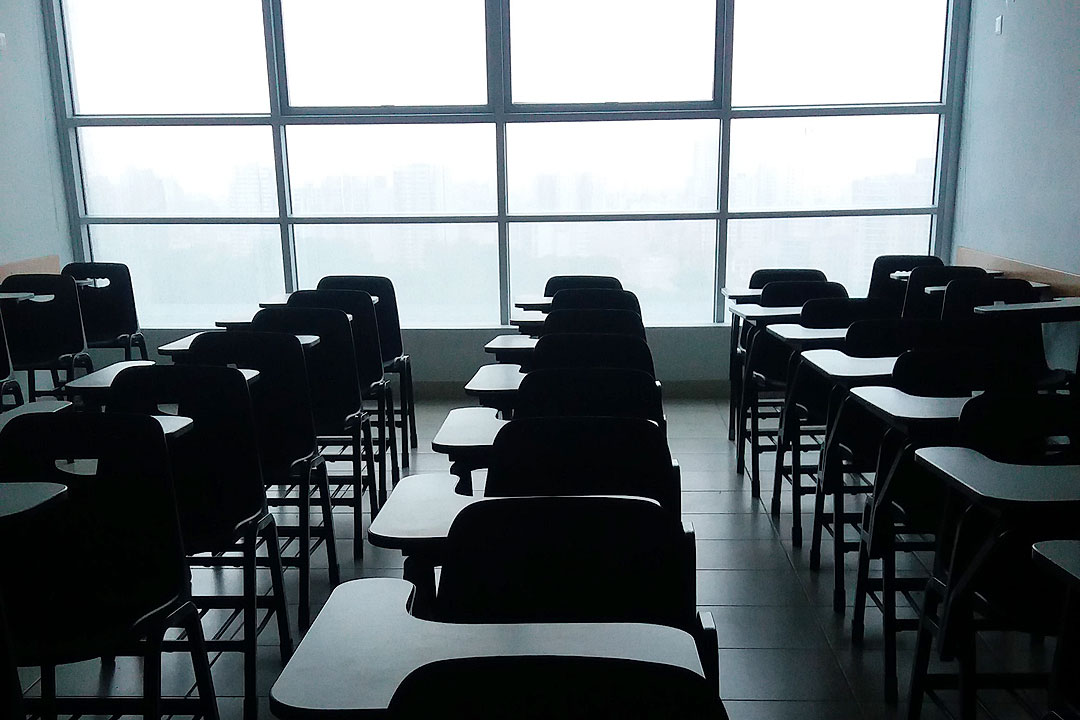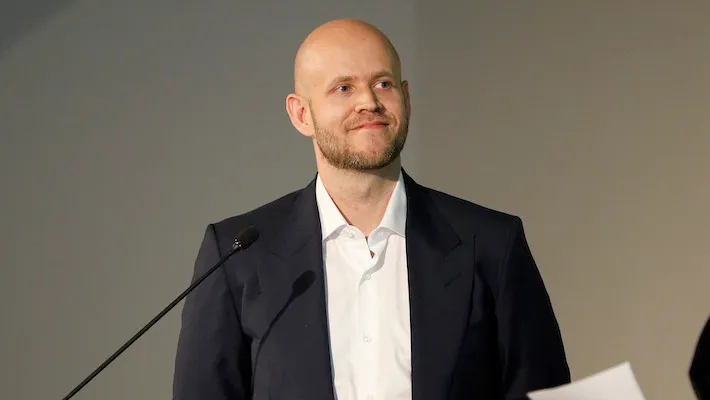By BusinessWorld,Cedtyclea
Copyright bworldonline

THE Catholic Educational Association of the Philippines (CEAP) on Tuesday called for a more flexible framework for tuition rates to help private institutions cope with the dwindling enrollment rate.
“One of the things that is very crucial to us right now is the tuition fee increases. They are pegged to regional inflation rates,” CEAP Corporate Secretary Joaquin Severino S. Martinez told reporters in a press conference.
“If tuition is capped only by inflation, schools will be forced to cut corners or worse, shut down,” he added.
CEAP President Karel S. San Juan noted that enrollment for basic education in private schools dropped to 1.4 million in 2022 from 4.3 million in 2019.
Private schools are estimated to have 2 million students, while public schools have 16 million students.
He added that the free tuition law is one of the factors contributing to the decline in enrollment among private schools.
“Because of the difficult economic situation, of course, our students would gravitate towards free tuition fees in public schools, so that’s a loss of enrollment to us,” Mr. San Juan said at the same event.
Tertiary or college education is made accessible and affordable for all Filipinos through free tuition and exemption from other school fees in state universities, local colleges, and state-run technical-vocational institutions, under Republic Act No. 10931, the Universal Access to Quality Tertiary Education Act.
“Ever since the pandemic, there have been schools that closed,” Mr. San Juan said. “The pandemic is an example of how the private school sector is so dependent on tuition fees alone.”
UPHOLDING CATHOLIC VALUES
Apart from its challenges in tuition fees and enrollees, the CEAP also underscored the importance of retaining ethics in the General Education (GE) curriculum of higher education institutions (HEIs).
The Department of Education (DepEd) in late May proposed the removal of ethics in the GE curriculum to avoid duplication of subjects taught in Grades 7 to 12.
“For CEAP, ethics is not optional. It is essential. And look what’s happening to our country today,” CEAP Executive Director Narcy F. Ador Dionisio said.
“This is our current situation. What more would happen if we remove ethics?” he added.
The Catholic educators underscored that ethics “forms the conscience of students” and that alumni involved in corruption allegations in the business and government sector have “lost their fear of God and conscience”.
“It’s embarrassing if you graduate from a Catholic school and you become corrupt,” Mr. San Juan said.
“You’re living lives contrary to the very essence of the values that we have taught you in the schools and universities,” he added. — Almira Louise S. Martinez



